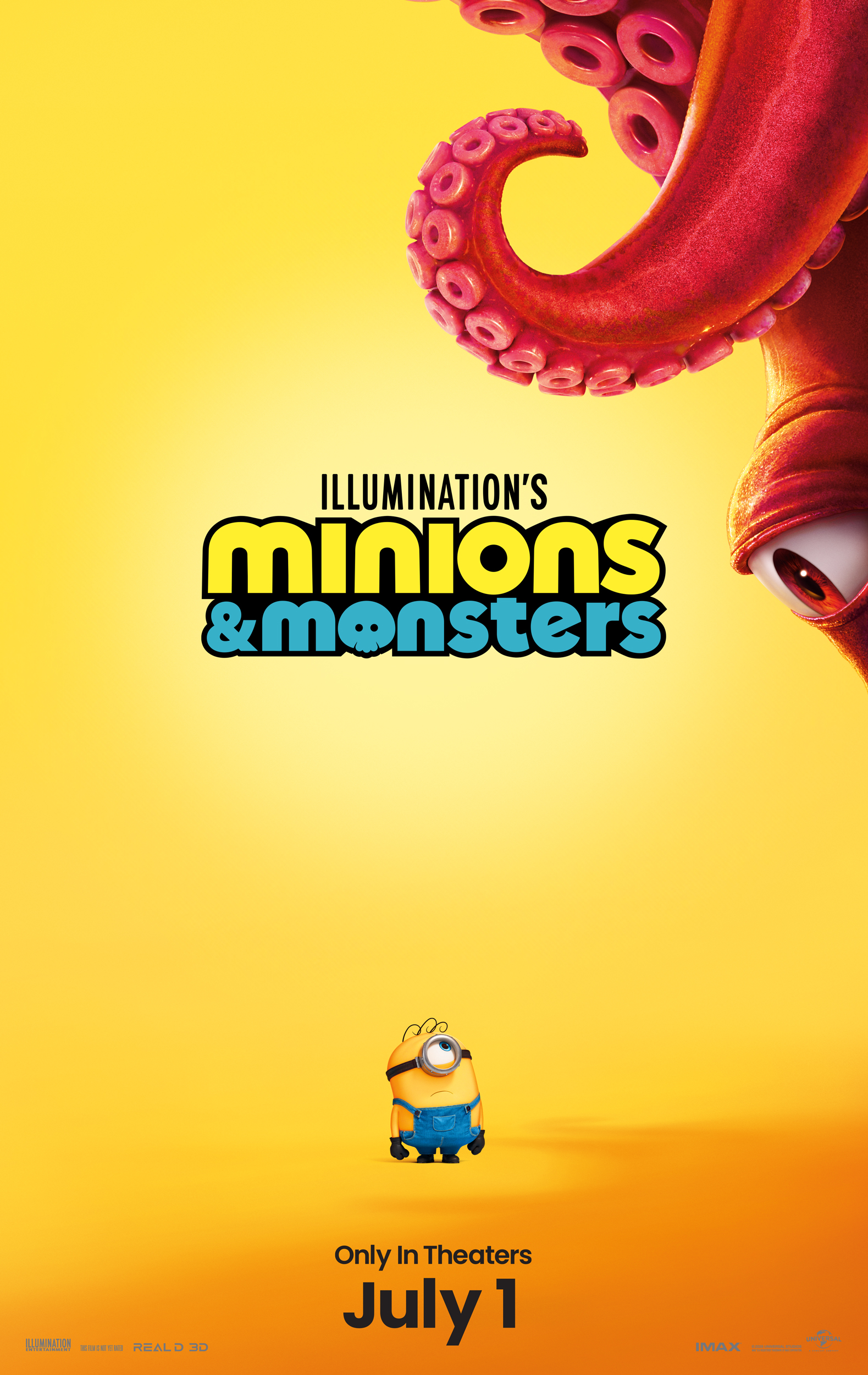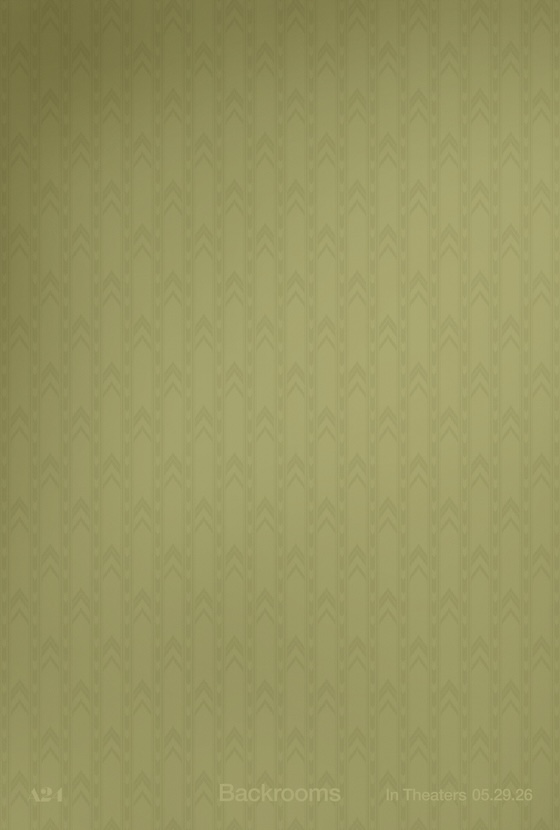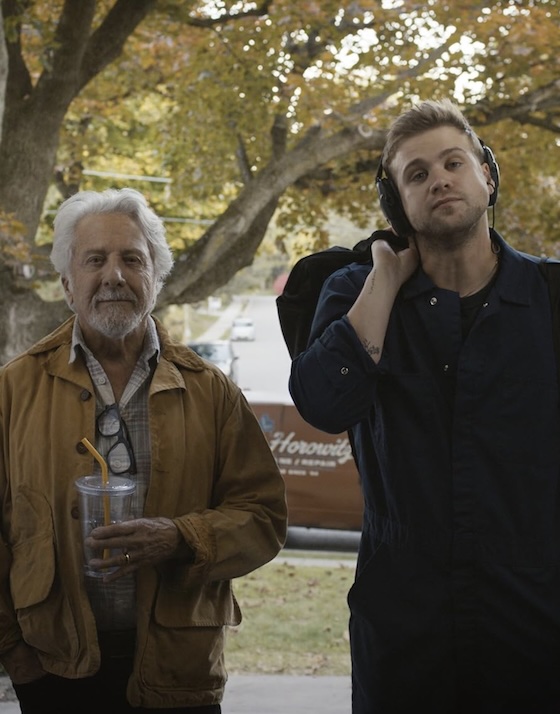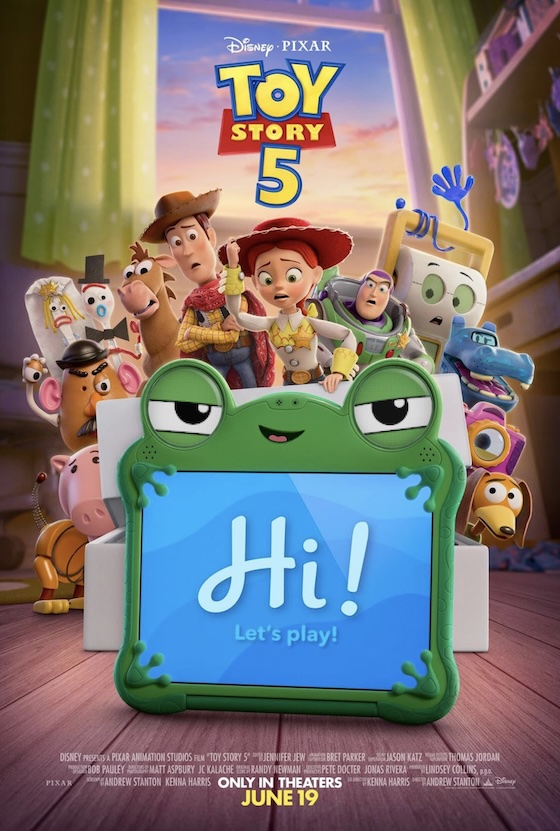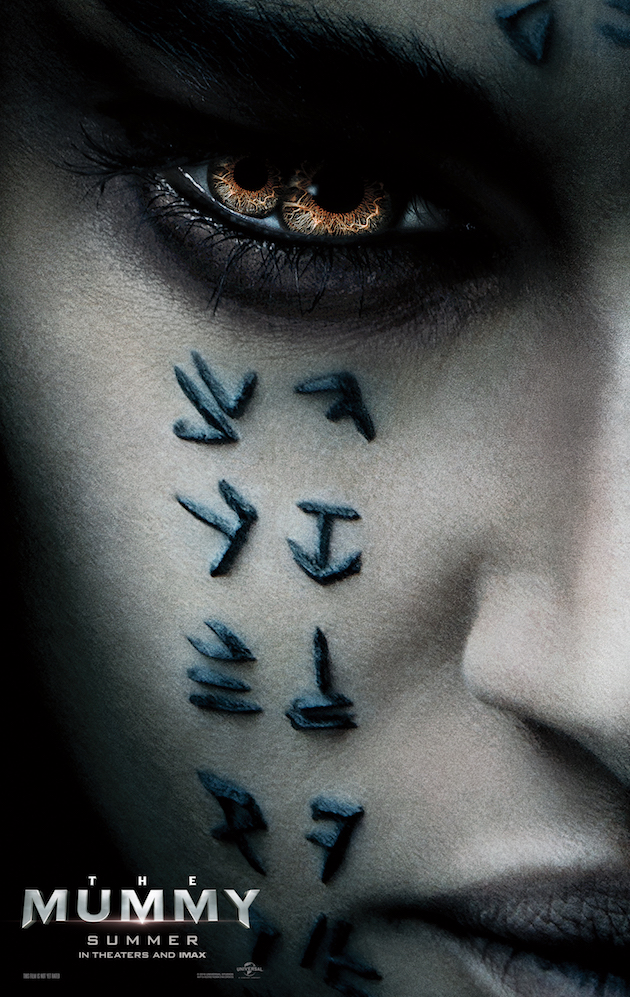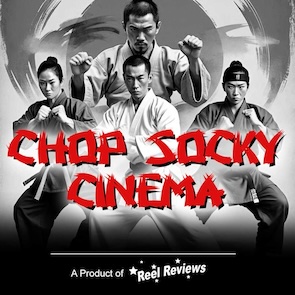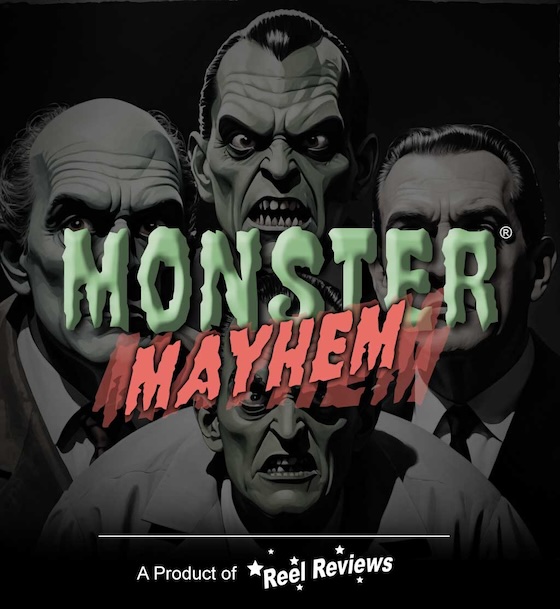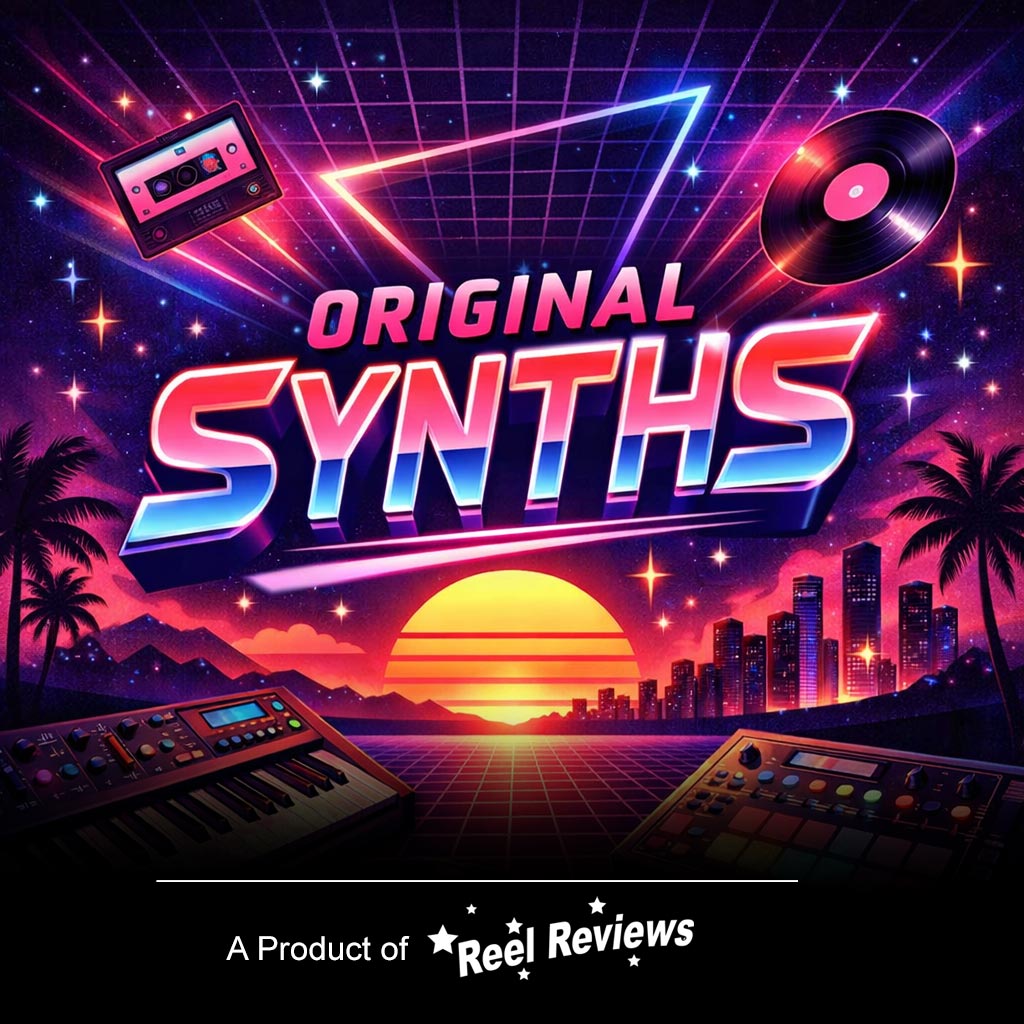
|
Fresh off the heels of his performance as Jerry Lee Lewis in Walk the Line is Waylon Payne as Hank Garland, super-deified session guitar slinger of the 1950’s music scene, in Screen Media’s production of Crazy. Directed by Rick Bieber, Crazy comes across as a fairly forward-thinking biopic with a slightly larger budget than the standard Made-For-Television produced docudrama, however, it is Payne’s performance that gives this vehicle its steady momentum.
Hank Garland (Payne) cannot be controlled. No producer (Silas Mitchell), no woman or wife (Ali Larter), and certainly no manager (David Conrad) will hold him back. Struggling to do as told inside the recording booth, Garland fights for co-writing credits and demands to be paid for writing and session work – two things that weren’t done in the era of Nashville. Session man for Patsy Cline (Mandy Barnett), Roy Orbison (Brian Jones), Chet Atkins (Evans Forde), and Elvis Presley (Jason Alan Smith), Garland is destined for the music fame inside Nashville…if he can control his urges and his mouth. Protected by the only person he trusts, his brother Billy Garland (Lane Garrison), he journeys through the music scene at a speed most find uncomfortable until fate assigns him a coma.
Produced by guitar virtuoso Steve Vai (who doubles as Hank Williams for the The Grand Ole Opry scenes), Crazy teeters on the edge of being overworked by the melodrama of the Lifetime-like script (courtesy of Jason Ehlers, Brent Boyd, and Bieber) and the bad acting from some of its stars (namely Larter). Yet, sweeping in to rescue it from being unwatchable is Payne’s performance and the music from the exploding jazz scene.
Entertaining as the music is, truly the only reason to see the feature is for Payne’s firecracker intensity as Garland. His performance as the keyed-in session man is pure megalomaniac magic and his earnest South Carolina drawl, delivered from the corner of his mouth, is pitch-perfect. Uncomfortable as it is at times, Payne truly develops the character into his own being, such as the likes that has not been seen in cinema since Gary Busey in Steve Rash’s The Buddy Holly Story.
The minor problem with this film is its pacing. Exactly one hour into the feature comes the film’s first major conflict: a birth while Garland jams with Dave Brubeck Quartet and yet it isn’t even touched upon by the two leads. Bieber takes his time with the performances – even the ones whose screen time should be shortened – and maybe this is because he is too attached to the material. Character development aside, most of the scenes are too long, the edits simplistic in function, and the general thrust of the feature seems to trip over its own length at times, but that doesn’t make it unwatchable; it just needs another pass to tighten its screws and brighten its polish.
|
||||||||||||||||||
Blu-ray Details:
Available on Blu-ray and DVD - June 29, 2010
Screen Formats: 1.85:1
Subtitles: English/Captioned
Audio: 5.1 Dolby TrueHD/2.0 Stereo
The presentation on Blu-ray leaves something to be desired. Grainy and overly washed with reddish hues, it seems this was transferred straight from DVD without a “cleaning up” of the source material. There really are no special features, besides some deleted scenes that add nothing to the feature.
Supplements:
Bonus Feature
Deleted Scenes
{pgomakase}

